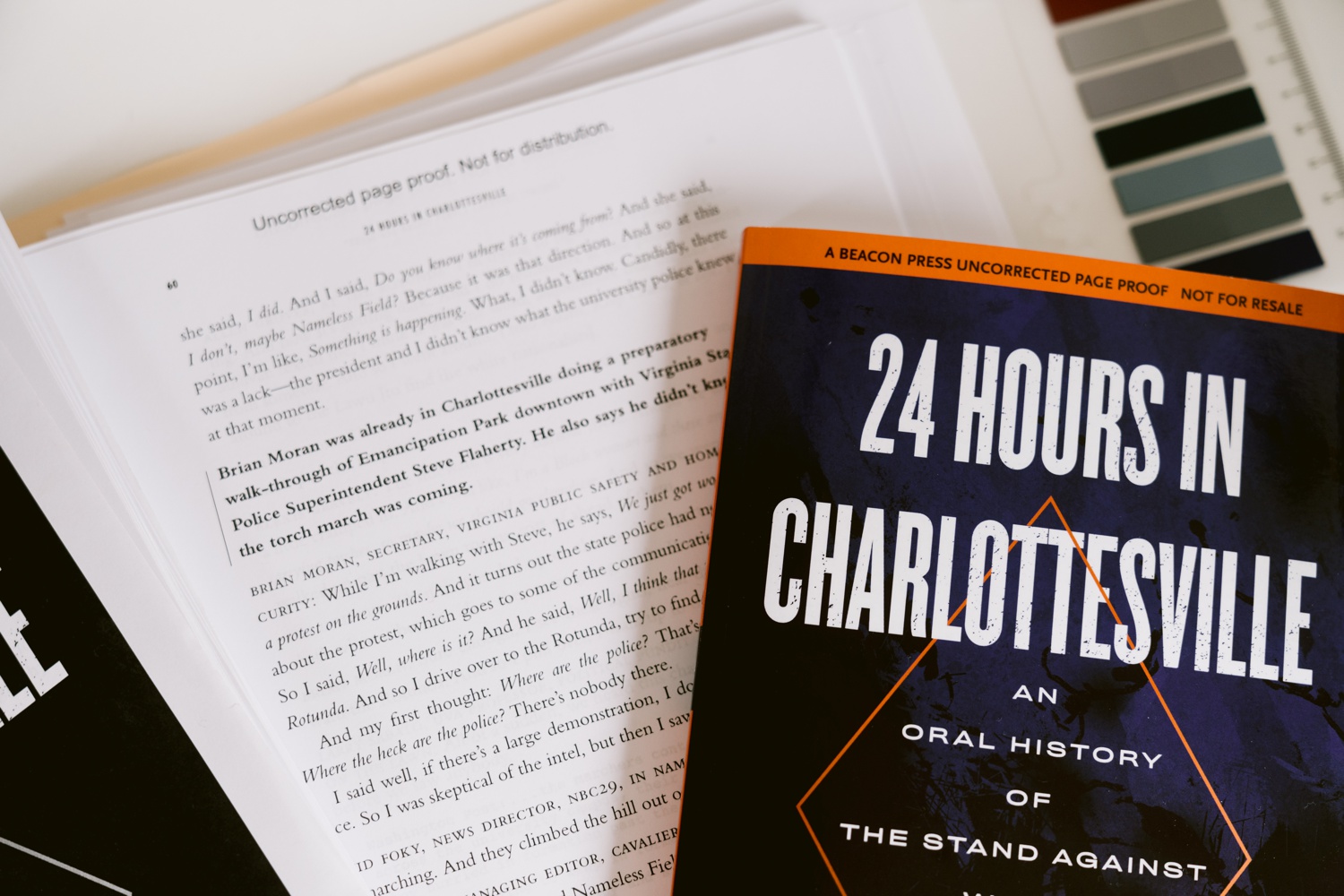Social media and the internet make it possible for fake news and misinformation to travel faster than ever. Media literacy is an essential skill for students to be able to discern whether they’re consuming credible media. I definitely wasn’t taught this as a kid, but thankfully now many educators and state legislatures are recognizing the role schools can play in equipping students with this critical skill set. If you’re new to teaching media literacy, though, you may be unsure where to begin. These media literacy resources provide everything from historical context to well-crafted lesson plans for instructors teaching third grade through college. Let me know if you have any to add!
6 Media Literacy Resources for Educators
1. News Literacy Project
The News Literacy Project (NLP) is a nonprofit organization. Since its founding fifteen years ago, NLP has been ahead of the curve on the conversation about media literacy in American education. They have all kinds of resources for educators looking for support, including a Facebook group, podcast, and mobile app that teaches media literacy skills through games. NLP even offers a free platform complete with lesson plans. A great resource for educators.
2. WeTeachNYC
Teaching the history of marginalized communities is an important component of media literacy even though state standards don’t always explicitly identify it. This context gives students the ability to ask better questions of the news media they encounter. The New York City Department of Education has created an amazing resource for educators called Hidden Voices: LGBTQ+ Stories in United States History. The curriculum includes essays and lesson plan materials about LGBTQ+ history traditionally omitted from history books, which you know I care about.
3. SPLC
As dozens of state legislatures propose restrictions to education, media literacy resources presenting students with honest, comprehensive history are more important than ever. The Southern Poverty Law Center (SPLC) has a great article titled Teaching Hard History. It examines how the history of slavery is taught in the U.S. and its impacts. The SPLC also makes recommendations for concrete steps schools can take to do better.
4. Digital Resource Center
On their site, Digital Resource Center (DRC) has a goal of strengthening democracy by helping students analyze the media they encounter. This center, which is housed in Stony Brook University’s School of Journalism, offers online training and summer courses for middle and high school educators. As for media literacy resources, DRC shares lessons for middle school, high school, and college instructors. In addition to the lesson materials, DRC has a library of engaging videos deconstructing viral videos and more for students.
5. NewseumED
I used to LOVE the Newseum when the physical location was still open in Washington D.C. It’s no longer open, but their revamped website offers resources for young people and adults with the intent of equipping Americans to participate in civic life. It offers collections of lesson plans and resources organized by grade level from third grade through post-college. NewseumED even offers free virtual classes that you can register your students for on topics ranging from media ethics to religious liberty and the first amendment. Highly recommmend!
6. A guest speaker
Finally, there’s nothing like a guest speaker to engage students and bring a topic to life. As people who create the very media students are analyzing, journalists are the ultimate media literacy resources. They can move beyond speaking about abstract concepts to rooting them in personal stories that capture students’ attention.
As an Emmy-nominated producer and journalist, I’ve covered a wide range of challenging issues from the January 6 attacks on the Capitol to the Russian invasion of Ukraine. I also co-authored a graphic memoir with citizen journalist Muhammad Najem. I’ve translated that experience into effective media literacy programming for all ages.
In my talks and workshops, I walk students through the ins and outs of creating news media. My presentation Journey through Journalism teaches students how to spot fake news. It can be adapted into a workshop to help students create their own original pieces of journalism.
Would you like to learn who I can tailor my offerings to your state’s standards and learning objectives? Learn more about my offerings for schools here!
